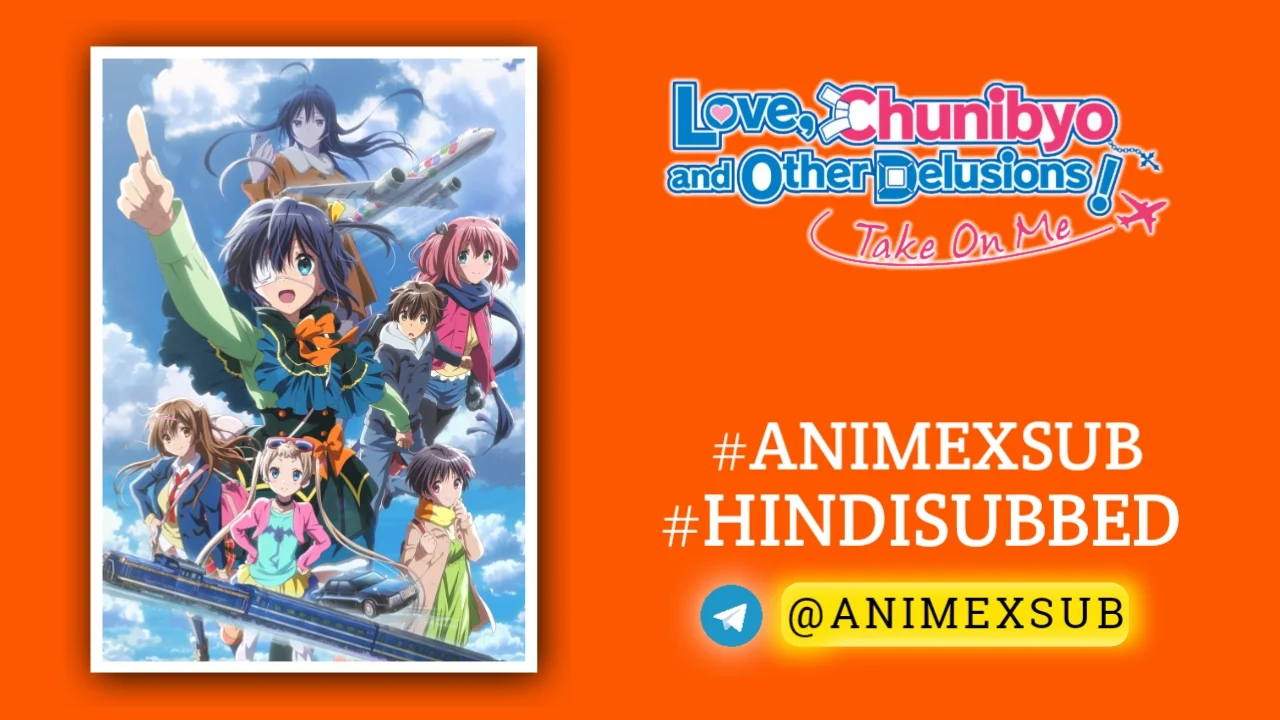
Love, Chunibyo & Other Delusions!: Take On Me Hindi Subbed | Chuunibyou demo Koi ga Shitai! Movie: Take On Me Hindi Sub!!

Chuunibyou demo Koi ga Shitai!: Take On Me
Love, Chunibyo & Other Delusions: Take on MeSynopsis
Rikka is now a third-year student, but she still has "chuunibyou" syndrome. University entrance exams loom on the horizon, and it's spring break, and Yuuta and Rikka are together as usual. One day, Rikka's older sister Touka declares that she's going to take Rikka to Italy with her, as Touka is moving to Italy for work and she thinks they should move together as a family. Yuuta understands Touka's opinion, but thinks that at this rate he and Rikka will be separated. Shinka and the other members suggest that Yuuta and Rikka should "elope," and thus sets the stage for Yuuta and Rikka's travels throughout Japan in their escape drama. (Source: Anime News Network)
🎬 Behind The Scenes
Official Trailer
Main Characters
🔥 If You Loved This...
- Comedy MasterpiecesDiscover more comedy anime with riveting storytelling just like Chuunibyou demo Koi ga Shitai!: Take On Me!
- Similar Series You'll LoveFind more visually-arresting anime with the same outstanding vibe and breathtaking character development!
- 2024 Must-Watch ListJoin thousands of fans discovering the exceptional anime of 2024 including Chuunibyou demo Koi ga Shitai!: Take On Me!
- Studio Kyoto Animation CollectionExplore other breathtaking anime masterpieces from the same studio behind Chuunibyou demo Koi ga Shitai!: Take On Me!
Love, Chunibyo & Other Delusions! Take On Me: A Whimsical Road Trip Through Love and Identity
Love, Chunibyo & Other Delusions! Take On Me (2018), directed by Tatsuya Ishihara and produced by Kyoto Animation, is a heartfelt and visually stunning conclusion to the cherished anime series that began as a light novel by Torako. This film takes the quirky, emotionally resonant world of Chuunibyou demo Koi ga Shitai! and propels it into a new chapter, blending romance, comedy, and poignant coming-of-age themes. For fans who have followed Yuuta Togashi and Rikka Takanashi’s journey through two seasons of high school antics, this movie delivers a satisfying, if bittersweet, finale. For newcomers, it’s an accessible entry point that captures the series’ unique charm. Here’s an in-depth look at why Take On Me stands out as a memorable addition to the Chuunibyo saga.
Plot: A Romantic Elopement Across Japan
Set after the events of the second season (Heart Throb), Take On Me finds Yuuta and Rikka in their third year of high school, grappling with the looming pressures of adulthood. Rikka, still clinging to her chuunibyou (a Japanese term for the delusional fantasies of adolescence, often involving imagined superpowers), faces a new challenge when her older sister, Toka, announces plans to relocate to Italy for work and take Rikka with her—potentially permanently. Yuuta, unwilling to let their relationship end, is spurred by friends Shinka Nibutani, Sanae Dekomori, and others to “elope” with Rikka. What follows is a fast-paced, whimsical road trip across Japan, as the couple evades Toka and their bickering friends while confronting their feelings and fears about the future.
The plot’s premise—a faux elopement—sets the stage for both hilarity and introspection. Unlike the series’ more grounded school setting, the journey across Japan (from Tokyo to Hokkaido) injects a sense of adventure, with iconic locations like Cape Tappi and the Usagiyama Shopping District (a nod to Kyoto Animation’s Tamako Market) providing a vibrant backdrop. The narrative cleverly balances absurd humor, like Rikka’s night-vision goggle cookie-eating antics, with deeper emotional beats, such as her fear of losing her identity if she abandons her chuunibyou persona.
Characters: Growth Amidst Whimsy
The heart of Take On Me lies in its characters, particularly the dynamic between Yuuta and Rikka. Their relationship, built on Yuuta’s acceptance of Rikka’s eccentricities, evolves significantly. Yuuta, once embarrassed by his own chuunibyou past as the “Dark Flame Master,” embraces his role as Rikka’s anchor, supporting her without forcing her to change. Rikka, meanwhile, grapples with the tension between her fantastical “Wicked Eye” identity and the practical demands of adulthood, like university entrance exams. Her vulnerability—especially in a poignant scene at Cape Tappi where she confesses her fear that changing might cost her Yuuta’s love—adds depth to her character, making her more than just a quirky archetype.
Supporting characters shine as well. Sanae Dekomori, now student council president, and Shinka Nibutani, her reluctant deputy, provide comic relief with their ongoing rivalry, which reaches new heights as they chase the eloping couple. Their antics, like Sanae’s dramatic pigtail-wielding outbursts, are laugh-out-loud moments that keep the film lighthearted. Kumin Tsuyuri and Satone Shichimiya also contribute, offering emotional support and subtle commentary on Rikka’s growth. Toka, Rikka’s pragmatic older sister, adds complexity by orchestrating the “elopement” as a test of Yuuta’s commitment, revealed in a surprising twist at the film’s climax.
Animation and Sound: Kyoto Animation’s Signature Brilliance
Kyoto Animation’s reputation for visual excellence is on full display in Take On Me. The film’s animation is crisp and colorful, with fluid transitions between real-world settings and Rikka’s fantastical battle sequences. A standout moment is the fireworks scene, where vibrant hues and dynamic camera angles capture the emotional weight of Yuuta and Rikka’s bond. The integration of real Japanese locales, meticulously rendered, grounds the story in a tangible sense of place, making the couple’s journey feel like a love letter to Japan itself.
The soundtrack, featuring returning voice actors like Maaya Uchida (Rikka) and Jun Fukuyama (Yuuta), enhances the emotional resonance. The original voice cast’s chemistry brings authenticity to the characters’ growth, while the score, blending whimsical and heartfelt tones, complements the film’s shifting moods. Memorable moments, like Rikka’s “motion sickness” explanation, are elevated by clever sound design and comedic timing.
Themes: Balancing Fantasy and Reality
At its core, Take On Me explores the tension between clinging to youthful imagination and embracing adulthood. Chuunibyou, as depicted in the series, is more than a comedic device; it’s a coping mechanism for Rikka, rooted in the trauma of her father’s death. The film sensitively portrays her struggle to reconcile her fantasy world with the reality of growing up, a universal theme for teens facing life’s transitions. Yuuta’s unwavering support underscores the idea that love accepts someone’s quirks without demanding they erase their identity.
The film also delves into the concept of “normalcy” as an illusion, a message encapsulated in Rikka’s journey to stay true to herself. The elopement, while played for laughs, symbolizes the couple’s defiance of societal pressures to conform. A subtle subtext about marriage—illustrated by Rikka’s fear that a ring might “drain her powers”—critiques traditional expectations of identity loss in relationships, offering a nuanced take on commitment.
Reception and Cultural Impact
Take On Me has been widely praised by fans and critics, earning a 7.4/10 on IMDb and positive reviews on platforms like MyAnimeList and Rotten Tomatoes. Fans lauded its closure to Yuuta and Rikka’s arc, particularly the emotional payoff of their first kiss and the revelation of Toka’s wedding. However, some viewers, like those on Letterboxd, felt the romance leaned too sibling-like due to Rikka’s childlike demeanor, and others found the plot’s cheesiness a drawback. Despite these critiques, the film’s blend of humor, heart, and visual splendor resonated with audiences, cementing its status as a fan-favorite.
Culturally, the movie reflects Japan’s fascination with chuunibyou as a social phenomenon, where adolescents adopt exaggerated personas to navigate insecurities. By framing this through a romantic comedy lens, Take On Me makes the concept accessible globally, appealing to anyone who’s ever felt embarrassed by their younger self’s eccentricities. Its meme-worthy moments, like Rikka’s “Mordor” automatic door struggles, have also endeared it to online anime communities.
Critique: Strengths and Weaknesses
The film’s strengths lie in its character-driven storytelling and Kyoto Animation’s technical prowess. The road trip format keeps the pacing brisk, and the balance of comedy and drama ensures broad appeal. The resolution, with Toka’s ruse and the couple’s reunion, feels earned and emotionally satisfying.
However, Take On Me isn’t flawless. The plot’s reliance on a contrived elopement premise may feel forced to some, and the second season’s weaker reception lingers as a shadow—some fans felt it didn’t fully recover the first season’s magic. Additionally, while the film wraps up Yuuta and Rikka’s story, it leaves fans craving more, particularly about their university life, which isn’t addressed. For a 94-minute runtime, it occasionally prioritizes comedic side plots (like Sanae and Shinka’s bickering) over deeper exploration of Rikka’s trauma.
Why It’s Worth Watching
Love, Chunibyo & Other Delusions! Take On Me is a delightful blend of romance, comedy, and introspection that captures the essence of the series while pushing its characters forward. It’s a testament to Kyoto Animation’s ability to elevate a niche concept into a universally relatable story. Whether you’re a longtime fan or a newcomer, the film offers a visually stunning, emotionally rich experience that celebrates the quirks that make us human. As Rikka and Yuuta learn, staying “weird” is sometimes the truest path to love and self-acceptance.
Rating: 8/10
Highly recommended for anime fans who enjoy heartfelt rom-coms with a touch of fantasy. Watch it after the series for maximum impact, but it stands alone as a charming road trip tale.
Where to Watch: Available on Blu-ray/DVD via Sentai Filmworks, Amazon, or streaming platforms like Crunchyroll (check regional availability).
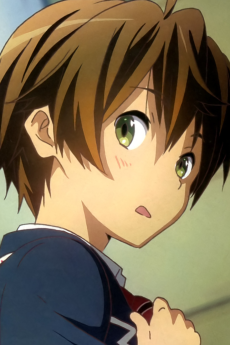
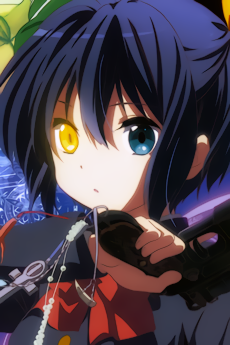

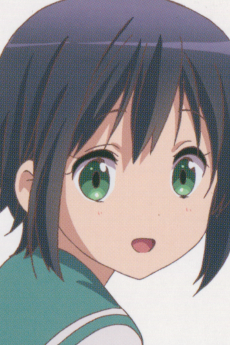
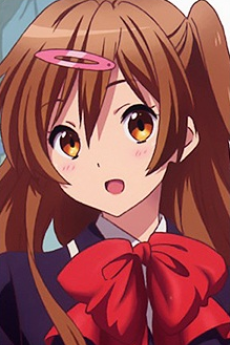
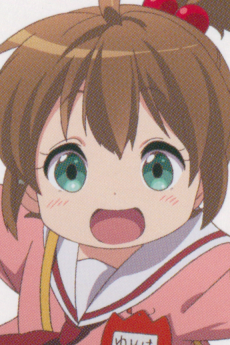
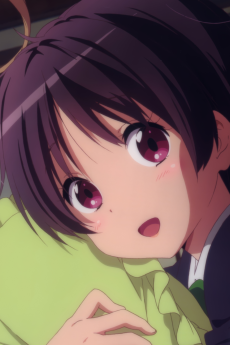
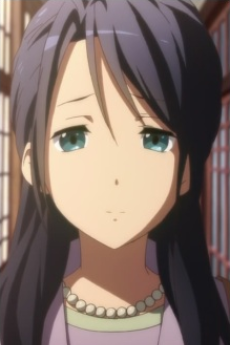
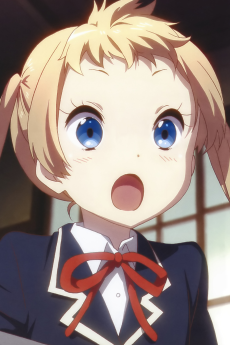
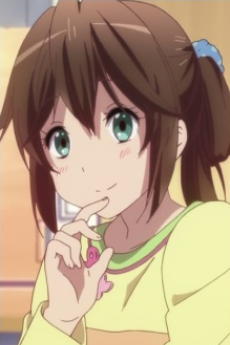
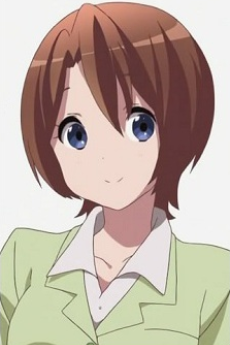
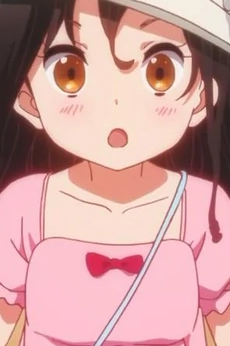
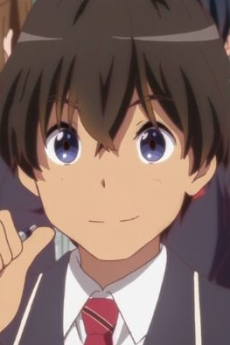
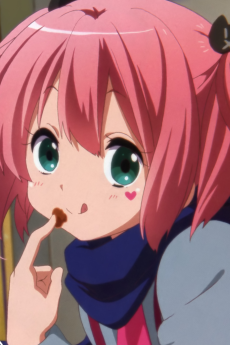
![Animexsub Ϟ He Is My Master Season 1 Hindi Subbed [12/12] | Kore Ga Watashi No Goshujinsama Hindi Sub!! 18 Animexsub Ϟ He Is My Master Season 1 Hindi Subbed [12/12] | Kore Ga Watashi No Goshujinsama Hindi Sub!! 17](https://www.animexsub.in/wp-content/uploads/2025/08/20250807_154354-by-axs.webp)
![Animexsub Ϟ The Genius Prince'S Guide To Raising A Nation Out Of Debt Hindi Subbed [12/12] {Complete} 20 Animexsub Ϟ The Genius Prince'S Guide To Raising A Nation Out Of Debt Hindi Subbed [12/12] {Complete} 19](https://www.animexsub.in/wp-content/uploads/2025/07/20250725_220134-by-axs.webp)
![Animexsub Ϟ I'Ve Somehow Gotten Stronger When I Improved My Farm-Related Skills Hindi Subbed [12/12] {Complete} 22 Animexsub Ϟ I'Ve Somehow Gotten Stronger When I Improved My Farm-Related Skills Hindi Subbed [12/12] {Complete} 21](https://www.animexsub.in/wp-content/uploads/2025/07/20250712_211149-by-axs.webp)
![Animexsub Ϟ Ojisan And Marshmallow Season 1 Hindi Subbed [12/12] + [1/1] Ova | Ojisan To Mashmellow Hindi Sub!! 24 Animexsub Ϟ Ojisan And Marshmallow Season 1 Hindi Subbed [12/12] + [1/1] Ova | Ojisan To Mashmellow Hindi Sub!! 23](https://www.animexsub.in/wp-content/uploads/2025/06/20250624_223421-by-axs.webp)
![Animexsub Ϟ Kamisama Kiss Season 1 Hindi Subbed [13/13] | Kamisama Hajimemashita Hindi Sub!! 26 Animexsub Ϟ Kamisama Kiss Season 1 Hindi Subbed [13/13] | Kamisama Hajimemashita Hindi Sub!! 25](https://www.animexsub.in/wp-content/uploads/2025/07/20250730_135238-by-axs.webp)
![Animexsub Ϟ Demon Slayer Season 3: Swordsmith Village Arc Hindi Subbed [11/11] {Complete} 28 Animexsub Ϟ Demon Slayer Season 3: Swordsmith Village Arc Hindi Subbed [11/11] {Complete} 27](https://www.animexsub.in/wp-content/uploads/2025/07/20250716_230741-by-axs.webp)